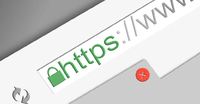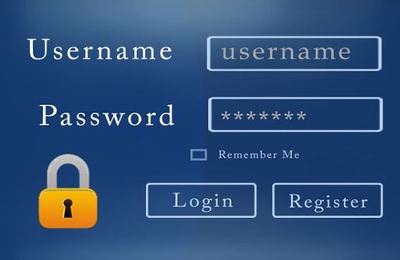Three Tips for Staying Safe Online

Protecting your details is one of the most important things you can do in today’s digital world. As more personal information is publicly known than ever before, it pays to have an understanding of the threats you face and, in turn, how to stay safe. There are certainly a ton of potential threats out there, protecting yourself from most of them is relatively easy. Let’s take a look at three easy ways you can keep yourself out of harm’s way.
Use Encrypted Websites
Websites that use SSL or the more modern TLS encrypt the information that passes between a web applications and servers. The data gets scrambled at one end, transmitted, then descrambled at the other end and can’t be easily intercepted by cybercriminals. This is frequently used by slots casino sites. These sites require customers to not only input their personal information but financial data to play slots such as Betfair Wild Arcade and Oil Tycoon.
People are only going to do that it they feel safe. That’s why encryption is a big part of online casino gaming. They expect high levels of data encryption on every casino site they use. You should expect the same level of protection, regardless of the website you’re using. If you can’t find an SSL or TLS certificate, don’t enter your personal or financial details into the website.
Use Password Software
Using a basic password is no longer suitable if you want to protect your online accounts and data. Indeed, by today’s standards, a password that only contains letters and numbers is considered weak. To make it as hard as possible for cybercriminals to hack your accounts, you need to use passwords that contain capital letters, lower case letters, numbers, and symbols. You need to change your passwords on a regular basis.

Beyond the basics, it’s worth using a password vault such as Kaspersky Password Manager or Last Pass. These programs not only store your passwords, but they enter them automatically. That’s useful because certain viruses, known as rootkit malware can log your keystrokes. This allows a criminal to see the passwords you’ve typed. Software that automatically enters passwords helps you avoid this issue. Finally, for even more protection, you should enable two-factor authentication whenever possible.
Monitor Your Connection
You might assume that every internet connection is safe. In reality, it’s not. An unprotected network puts you at risk from criminals who can listen in and steal your data. The answer is to not connect to unsecured networks and don’t share any sensitive information with any unsecured websites. What might not be as clear, however, is how you know whether a network is secure or not. For the most part, your home Wi-Fi network should be secure. However, if you’re connecting to another network, look for a lock symbol next to its name. If it doesn't have one and you’re not required to enter a password, it’s unsecured.

Another way to find unsecured or poorly secured networks is to use a third-party scanner, such as Kaspersky. These scanners tell you if a network is secure and whether it’s vulnerable to attack. Finally, as another line of defence, you can use a VPN. A VPN routes your connection through different servers so your IP and browsing activity is shield. This can help make your time online more secure and, in turn, protect your data. Data is a precious commodity in today’s world, so always be cautious when you’re online and keep our three tips in mind.



